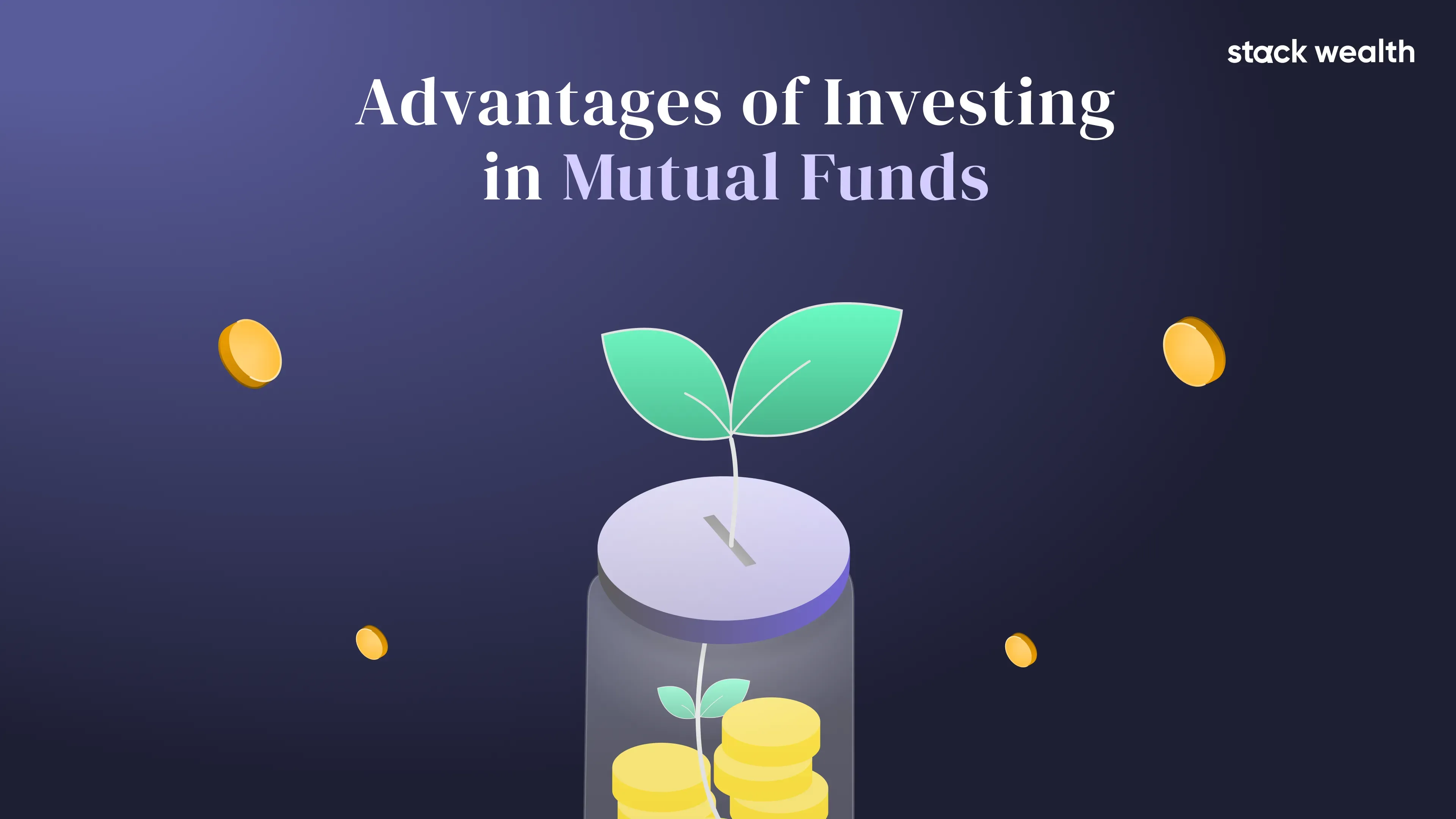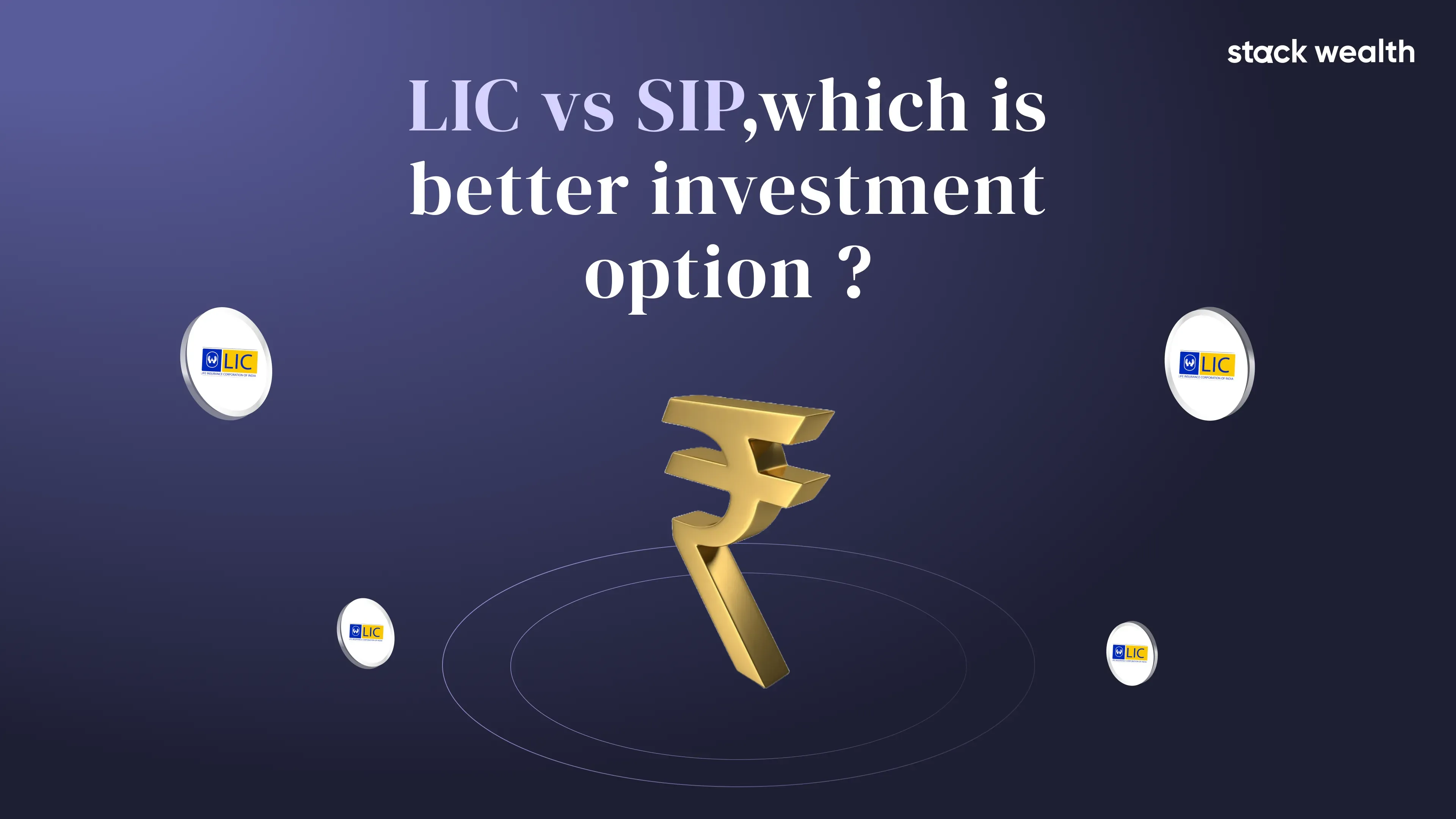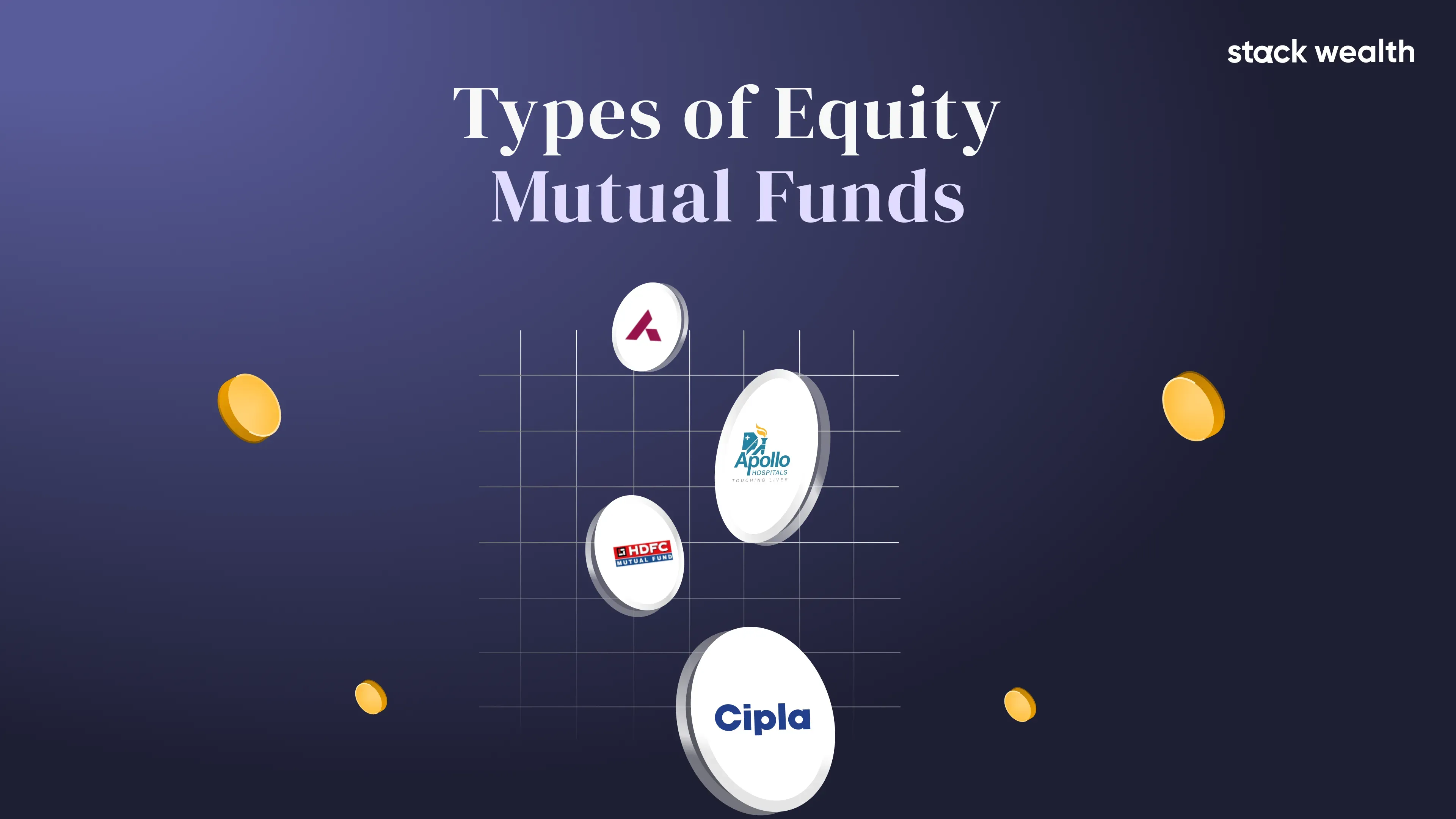Gilt Mutual Funds
Gilt Mutual Funds are a safe and reliable investment option for those looking to invest in government-backed securities with minimal credit risk. These funds invest in government bonds and are ideal for conservative investors seeking stable returns with lower risk. Understanding gilt funds can help you make more informed financial decisions whether you're a new or seasoned investor.
What is the Gilt Mutual Fund?
A Gilt Mutual Fund is a type of debt fund that invests primarily in government securities or bonds issued by the Reserve Bank of India. These funds are considered to be safe and secure investment options, as they carry minimal credit risk since the securities are backed by the government. Gilt funds are suitable for investors looking for stable returns with lower risk than other mutual fund types.
Features of Gilt Mutual Funds
- Government-Backed Securities: Gilt funds only invest in securities issued by the government, providing high security to your investments.
- Interest Rate Sensitivity: These funds are sensitive to interest rates, which can affect their returns. When interest rates fall, the value of the securities increases, leading to higher returns for investors.
- No Credit Risk: Since the government backs the investments, there is no risk of default.
- Varied Maturity Periods: Gilt funds come with different maturity periods, ranging from short-term to long-term, offering flexibility based on your investment horizon.
How to Invest in Gilt Mutual Funds?
Investing in Gilt Mutual Funds is a straightforward process. You can invest through:
- Mutual Fund Platforms: Online mutual fund platforms allow you to compare different gilt funds and invest easily.
- Fund Houses: Directly invest through the website or offices of mutual fund houses.
- Financial Advisors: You can ask your financial advisor to select the best-gilt fund based on your financial goals.
List of Top Performing Gilt Mutual Funds
Why Should You Invest in Gilt Mutual Funds?
Investing in Gilt Mutual Funds is ideal for those who want:
- Safety of Capital: The risk of losing your capital is high since the securities are government-backed.
- Diversification in Debt Portfolio: Gilt funds add stability to your portfolio by providing a steady income stream without exposing you to high market risks.
- Better Returns in Falling Interest Rate Scenarios: Gilt funds can perform well when interest rates decline, making them a good option in such environments.
Benefits of Gilt Mutual Funds
- Low Risk: Gilt funds are considered safe as they invest in government securities, eliminating credit risk.
- Consistent Returns: While returns are not guaranteed, they are more stable than equity funds.
- Hedge Against Inflation: Gilt funds can provide inflation-adjusted returns, particularly during falling interest rates.
- Liquidity: These funds are highly liquid, allowing investors to redeem their units when needed.
Risks Associated with Gilt Mutual Fund Investment
Although Gilt Mutual Funds are considered safe, they are not entirely free of risk:
- Interest Rate Risk: The value of gilt funds is highly sensitive to interest rate movements. If interest rates rise, the value of the securities may fall, leading to lower returns.
- Market Volatility: Though safer than equity funds, gilt funds can still be subject to market fluctuations that may affect their returns in the short term.
- Lower Returns in Rising Rate Scenarios: If interest rates are expected to rise, gilt funds can underperform, as the bond prices tend to fall in such an environment.
Taxation on Gilt Funds
Gilt Mutual Funds are taxed similarly to other debt mutual funds:
- Short-Term Capital Gains (STCG): If the investment is held for less than three years, the gains are added to your income and taxed as per your tax slab.
Long-Term Capital Gains (LTCG): Investments held for more than three years attract a 20% tax rate, complemented by indexation, which helps reduce the tax burden by adjusting for inflation.


















